Pile: All Fiction

Pile: All Fiction
Exploding In Sound 2/17/2023
The worst album reviews are the ones that just rattle off the tracks like items on a shopping list, attaching smug commentary that the author alone greets like manna from heaven.
PileHere’s an album review of Pile’s ninth record All Fiction (not counting the Third Man Records live release) that just rattles off the tracks like items on a shopping list, attaching smug commentary that the author alone greets like manna from heaven.
“It Comes Closer,” a mournful postrock crooner on par with some of the spacier material the band has put out. Compare to Songs Known Together, Alone. The reverb sounds natural, like the song was recorded in a cave used to age fine cheese or wine. Percussion-free. Pile doesn’t want to draw you into the rock n roll maelstrom just yet – the opener is merely preparatory, a mood setter. The keys bring an orchestral flair and flourish that gives the composition a sense of drama. If you called the track “Gollum’s Lament” it wouldn’t feel right, but it wouldn’t feel wrong.
“Loops” was one of the early singles Pile led with during the pre-release promotional cycle. It delivers the band’s version of the rock n roll single. A chugging, syncopated rhythm draws you into a rough approximation of verse-chorus-verse machinations, periodically flashing a guitar trope like a sword half-pulled from its sheath but never entirely freed. Just so you know it’s there. Just so you know they know you know it’s there. What would be the musical equivalent of pulling the sword free and having at it? A fiery guitar solo? Nothing feels further from Pile’s mode of musical construction. If this were medieval times, the band would be toiling away at the blacksmithy rather than showboating in the jousting arena. If this were Richard Wagner’s Ring Cycle, the band would be down in the depths of Nibelheim forging the Tarnhelm rather than floating on the breeze in Valhalla.
“Gardening Hours” – how else to read this title other than a meditation on a supremely meditative bourgeois pastime, whiling away the hours in the half-shade of a garden. A private backyard or community plot? Either way, it doesn’t sound entirely relaxing. A honey-toned opening lick and lullaby vocals give way almost immediately to a percussive motif that sounds like a faint jackhammer. The rhythm complexifies, the pot stirs, the jig saws, the brood moods. Why can’t we have nice things? Why can’t we have pastoral idylls too? Why can’t we find a farm somewhere in Oregon and, like Ken Kesey, just watch our children and blueberries grow? Why does our civilized pastime have to be so discontent? Because the snake head of eros eats the tail of thanatos – and gardening, in truth, is mostly weeding.
Pile celebrates the All Fiction record release at the old Somerville Armory.
Moody, broody, tutti frutti. Earth’s Pile returns to the fray with the full-length All Fiction.
If Pile could write an entire album of Rick Maguire mooning nude on vocals over a light synth wash background, they would. In fact, they have, haven’t they? Or damn near close. “Link Arms” parses the spaciness with percussive trills and a theme inspired by the opening credits of a psychological thriller by Alfred Hitchcock. You know, one of those opening credit sequences where The Master of Suspense shows more creative flash in reporting the names of the cast and crew than most directors can muster in the course of an entire film.
“Blood” is brokedown blues for the 21st century, though the ‘progression’ part of the blues progression is stuck in the mud of a kind of deconstructed obsession with the bits and pieces and textures and ephemeral tastes of blues guitar. The twang and lament is all there, but the Pile gang has stripped away the petty, tinpot, slightly ridiculous victories that lifted the blues protagonist out of the gutter. A swig from the bottle makes a curb feel like a kingdom. Or a night with a woman. Or a winning hand. Maybe none of that rings true with what is ultimately a middle class worldview. Strip away the petty everyman thrills of the blues narrative and all you have left is a kind of melancholy, which is an all-terrain vehicle that Pile rides with aplomb.
Part of what gives Pile its subterranean depths is a willingness to go jazz. Not full jazz (“Never go full jazz,” rockers), but jazz enough to expand the universe of rhythm and meter so that when the trio returns to the world of rock ‘em, sock ‘em power trio, it makes for a real boys-are-back-in-town thrill. “Lowered Rainbow” is a demi-jazz digression that follows the kind of chord progressions that lift the veil on the secret life of plants. Azaleas: the Raw and Unauthorized Biography! There is a layered synth haze collected at the foot of the song that continues on through to the following track “Forgetting,” making the pair companion pieces of a sort. ‘Diptych’ is a fun word, but lays too large a claim on incisive analysis. Duh-ptych.
“Poisons” was one of at least two songs (the other “Loops”) on All Fiction that came out of the gate with a video. What’s a Pile video look like? You know, assorted industrial landscape footage that was likely inspired, or at least endorsed, by the unrelenting visual tableau of highway blah encountered on tour. Plus, a few eyeball closeups. Aside from a handful of new millennium digital editing effects, the entire video could have been conceptualized and executed at some grunge-laden point in the 90s. Heavy “Spoonman” vibes. But no one who appreciates Pile is waiting on tenterhooks for their next video to drop. In fact, is anyone waiting on tenterhooks for anyone to drop any music video in 2023? Maybe the kpoppers or the stinging insects of the Beyhive…
“Nude With a Suitcase” is a play on Marcel Duchamp’s “Nude Descending a Staircase,” whether Pile intended it or not. Funny that a more or less conventional modern painting became a signature piece in the oeuvre of an artist who couldn’t have cared less about putting brush to canvas for any part of his career that matters. But there’s a visceral quality to the painting that makes it more approachable than the cool, conceptual stunting of Duchamp’s other work. People want to spend time with “Nude Descending a Staircase.” People want to hang out with it. People love it. On the other hand, a nude with a suitcase is either coming or going, and neither is good news.
“Neon Gray” as a notion is a Pile notion par excellence. As a song, it’s the closer to the album, and doesn’t try to send you home with any gaping head wounds. You can hear a certain redemptive and uplifting quality in the final build, a thrumming elevation that wouldn’t be out of place in a Coldplay song, if you like. The moody brooding is not given the final word.
In retrospect, this review should have made a bigger deal about All Fiction as the ninth album in Pile’s discography. You know, connecting the art rock power trio’s ninth to the mythology of other ninth releases: Beethoven, Mahler, Schubert, etc. That would have been classier.
There’s no more experiment in “experimentalism” — who cares?
Go back to the future with Nighttime’s time-traveling wyrd folk spectacle Keeper Is The Heart.
“Fusion” is a genre-descriptor that is constantly on the verge of utter uselessness.
The gazey, dreampop excursion takes us into a languid interior dimension of emotional transcendence.
Kitner tells the story of life lived at the tail end of a boozy buzz, with another night of debauchery on the way.
Twen charts a course across the sound waves of trans-Atlantic pop on their LP One Stop Shop.
Ambient is no longer the province of purely theoretical sound experiments. Enter Iceblink.


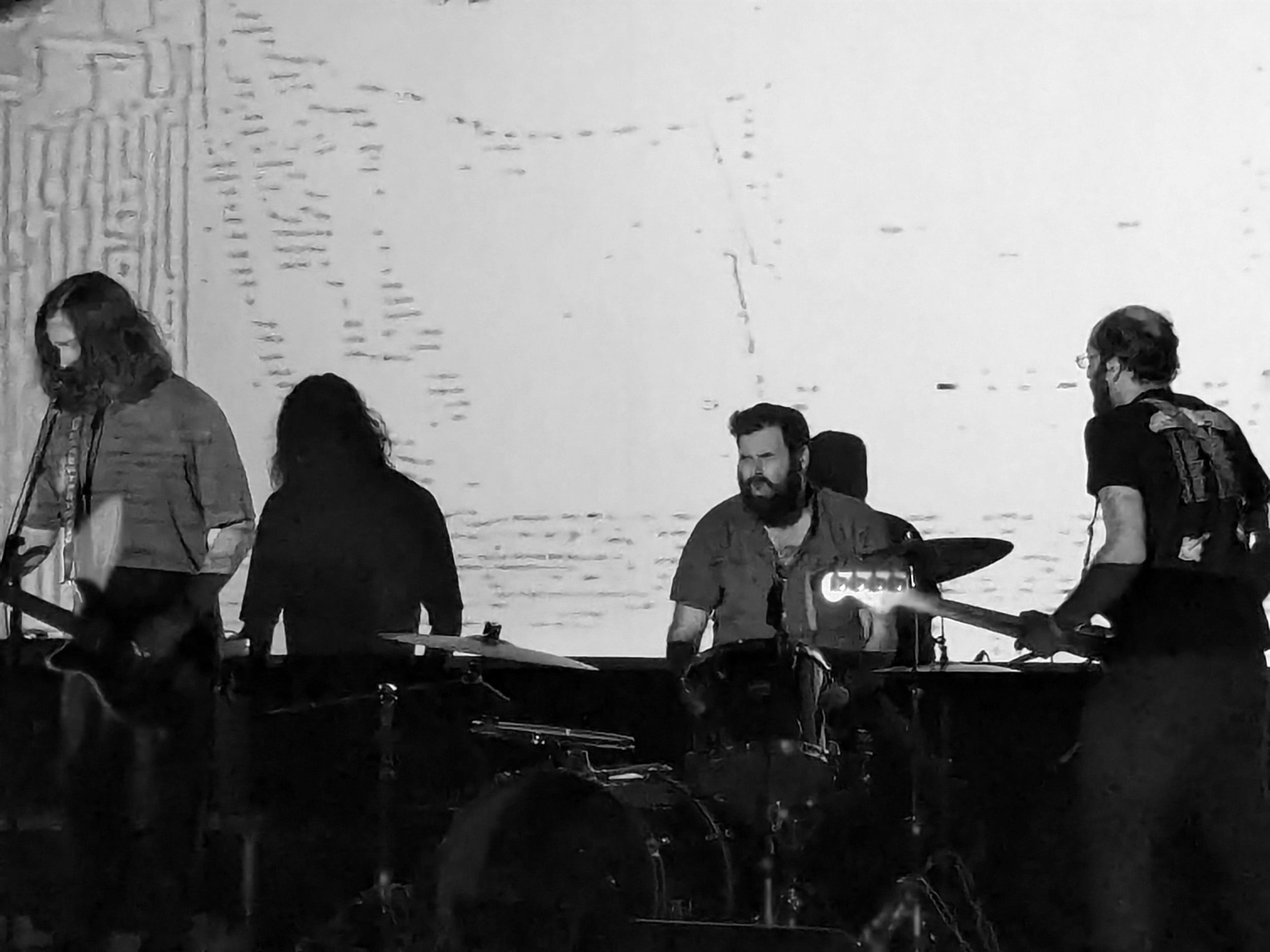





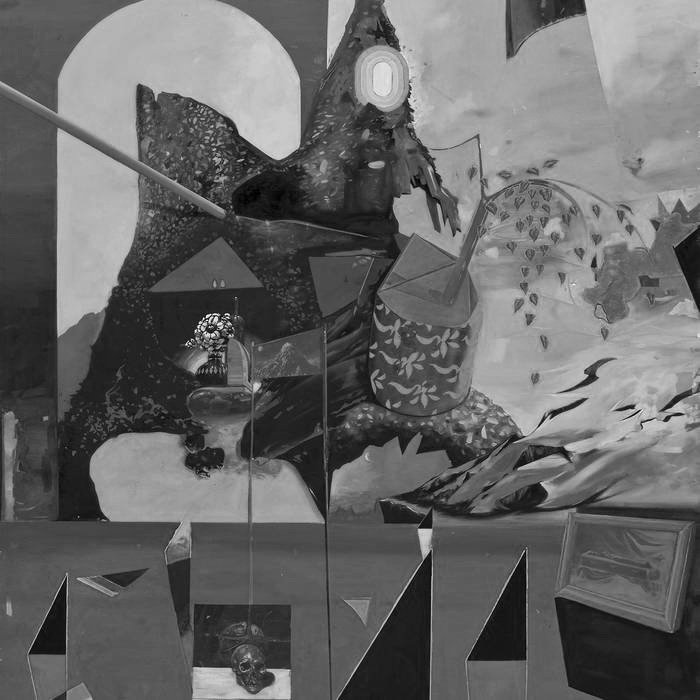




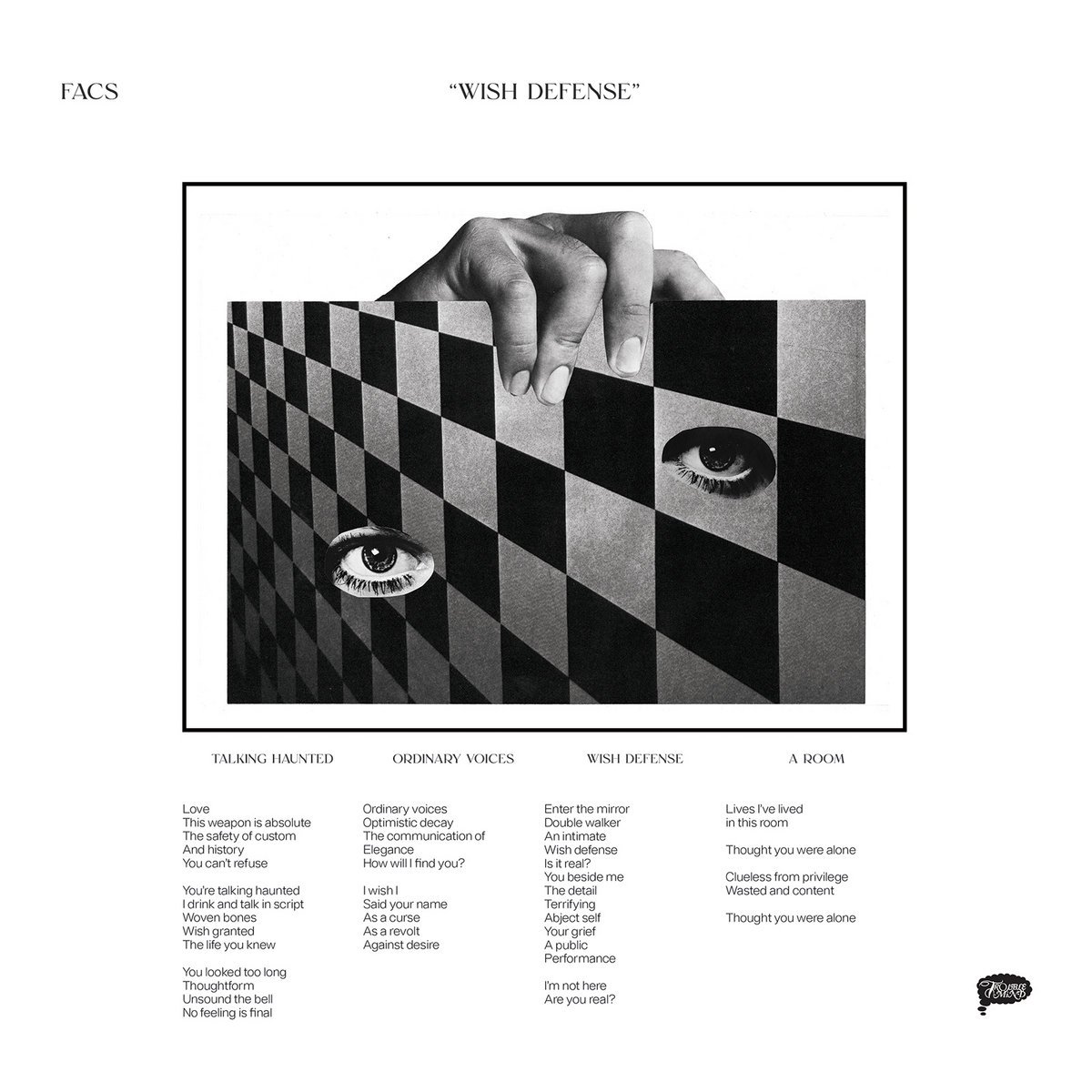
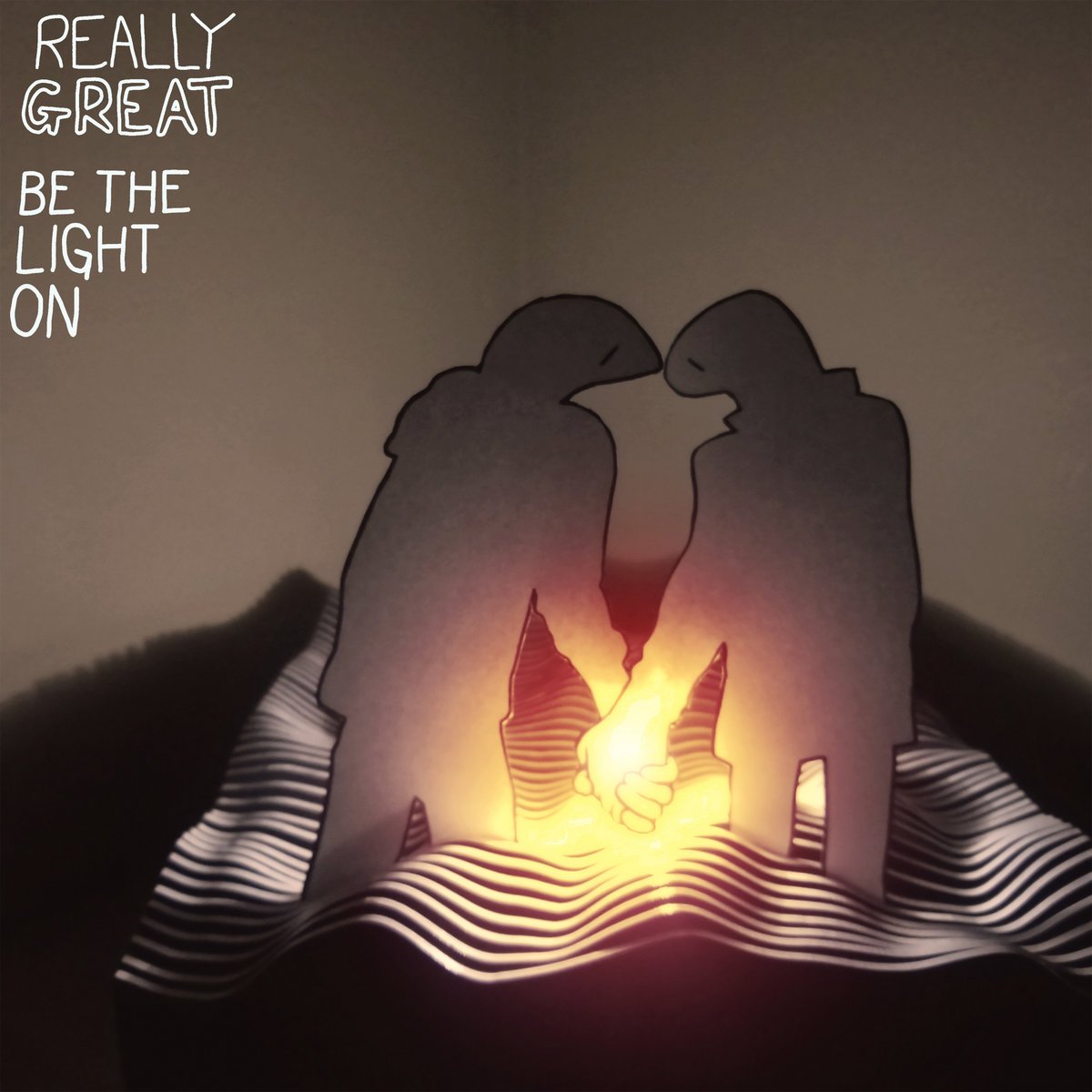
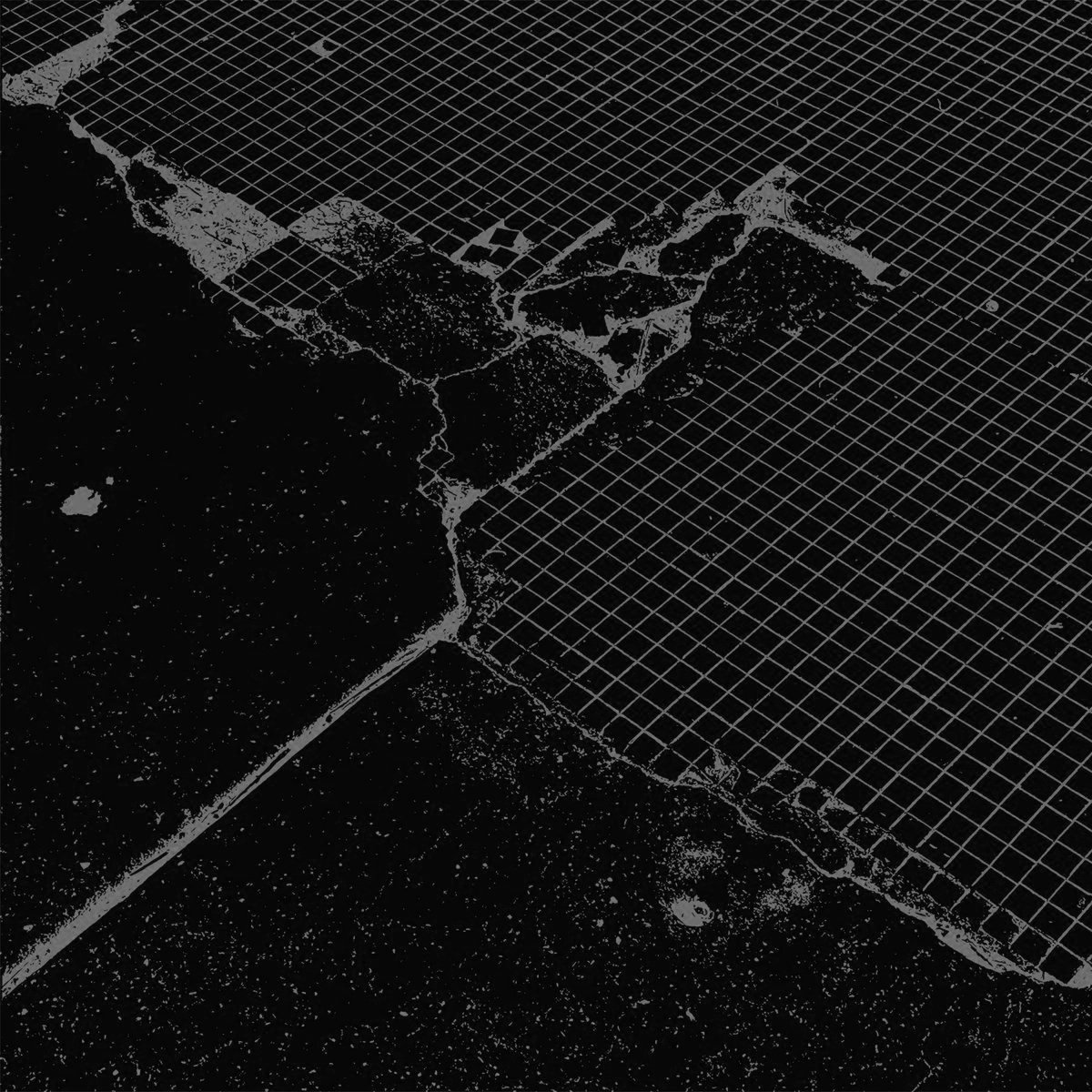
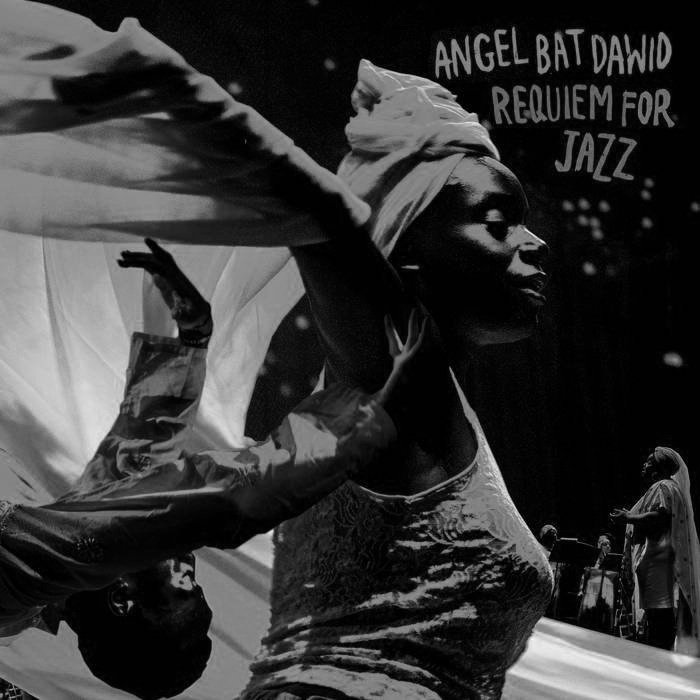
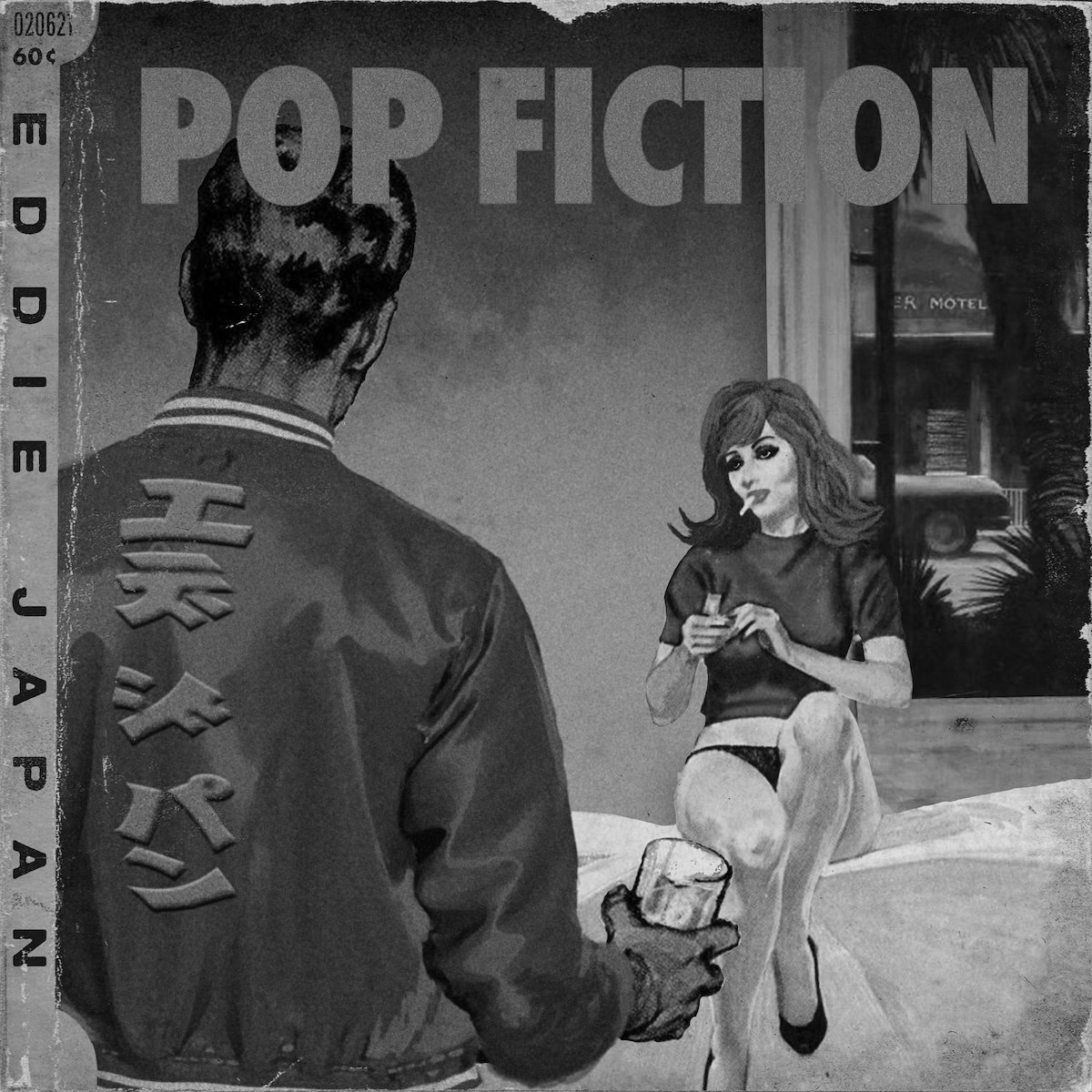
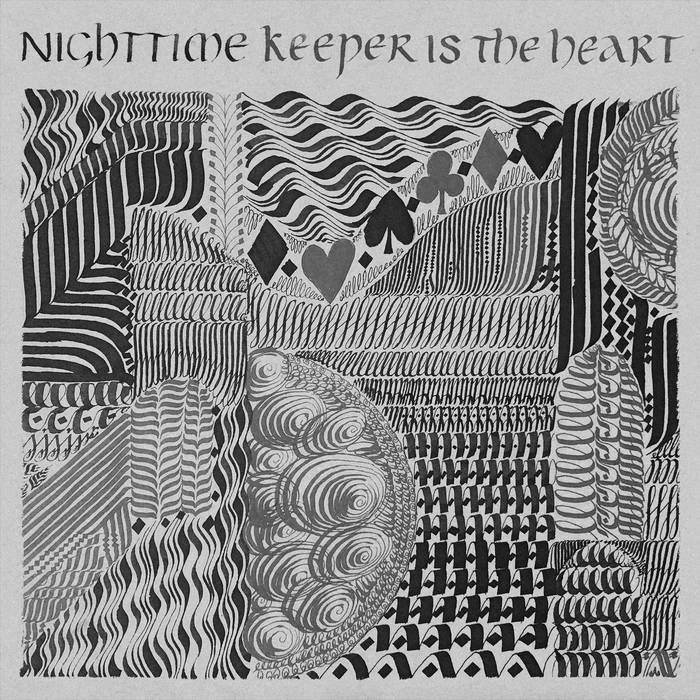
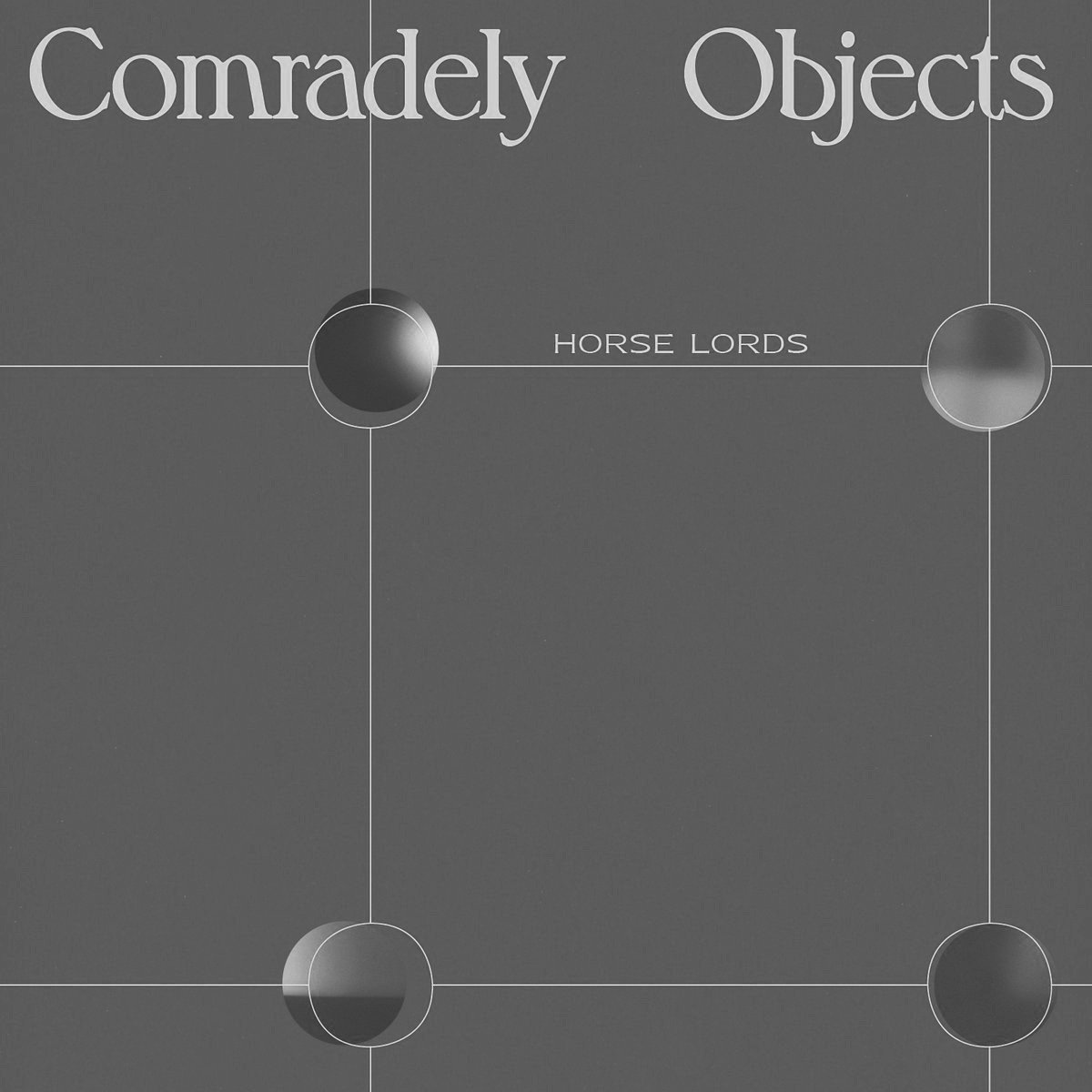

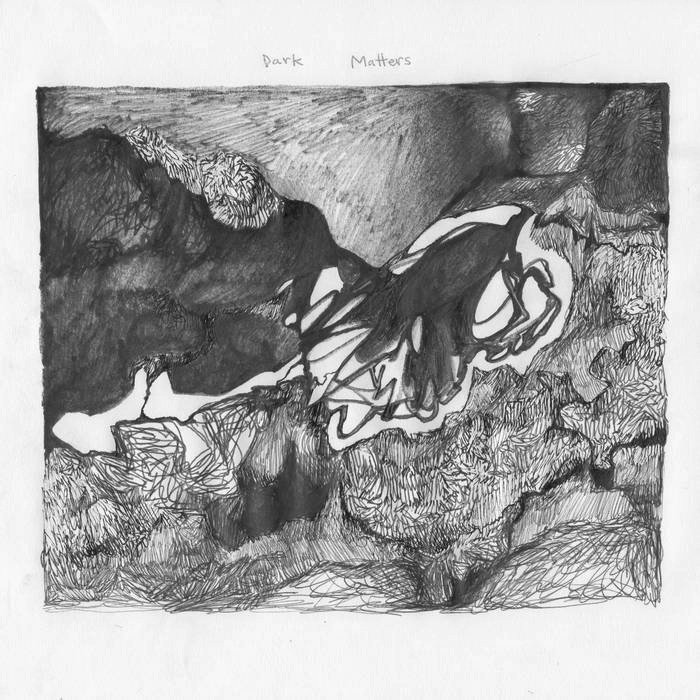
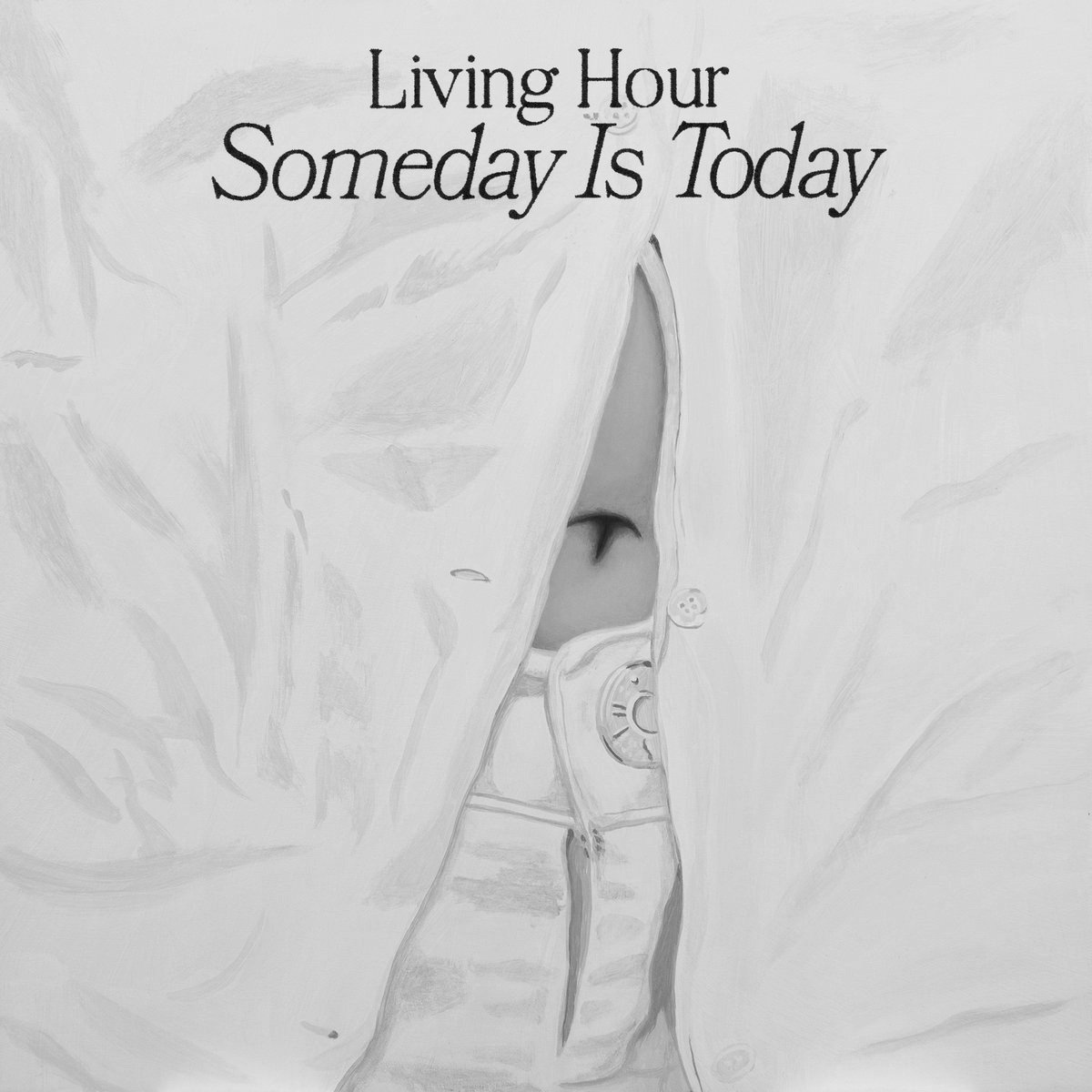
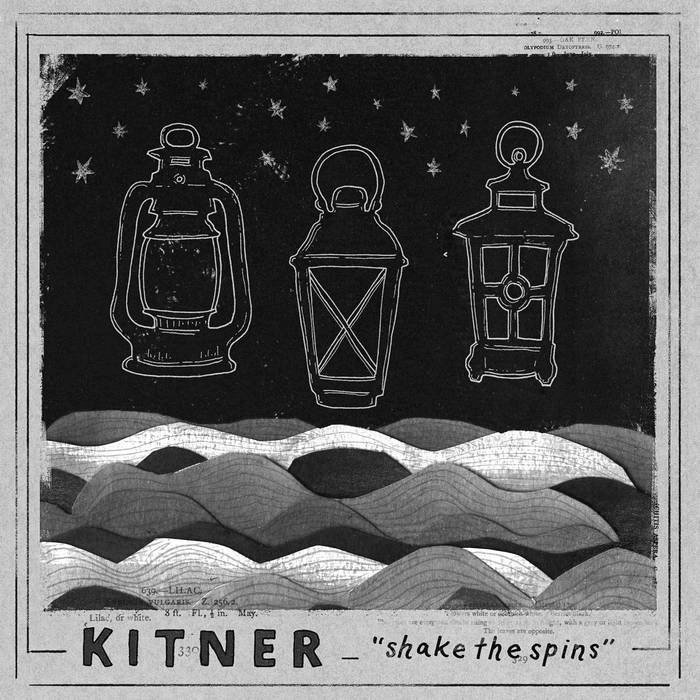

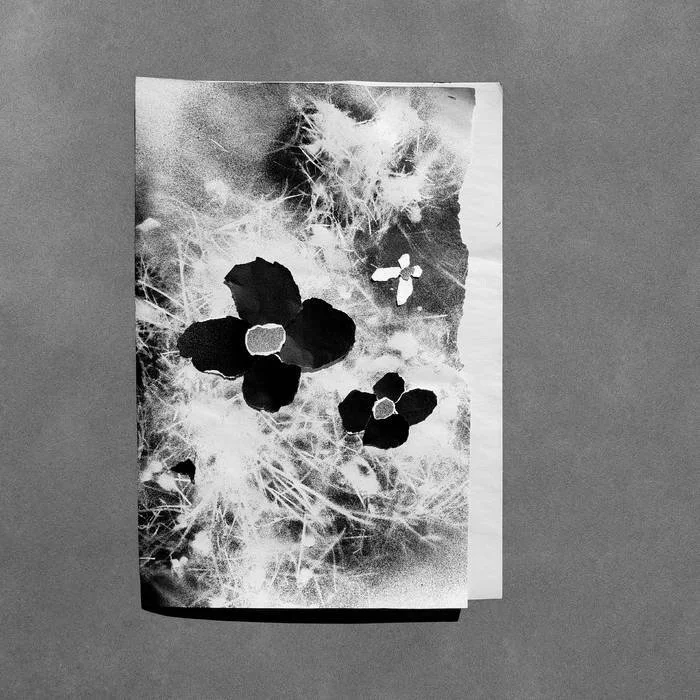










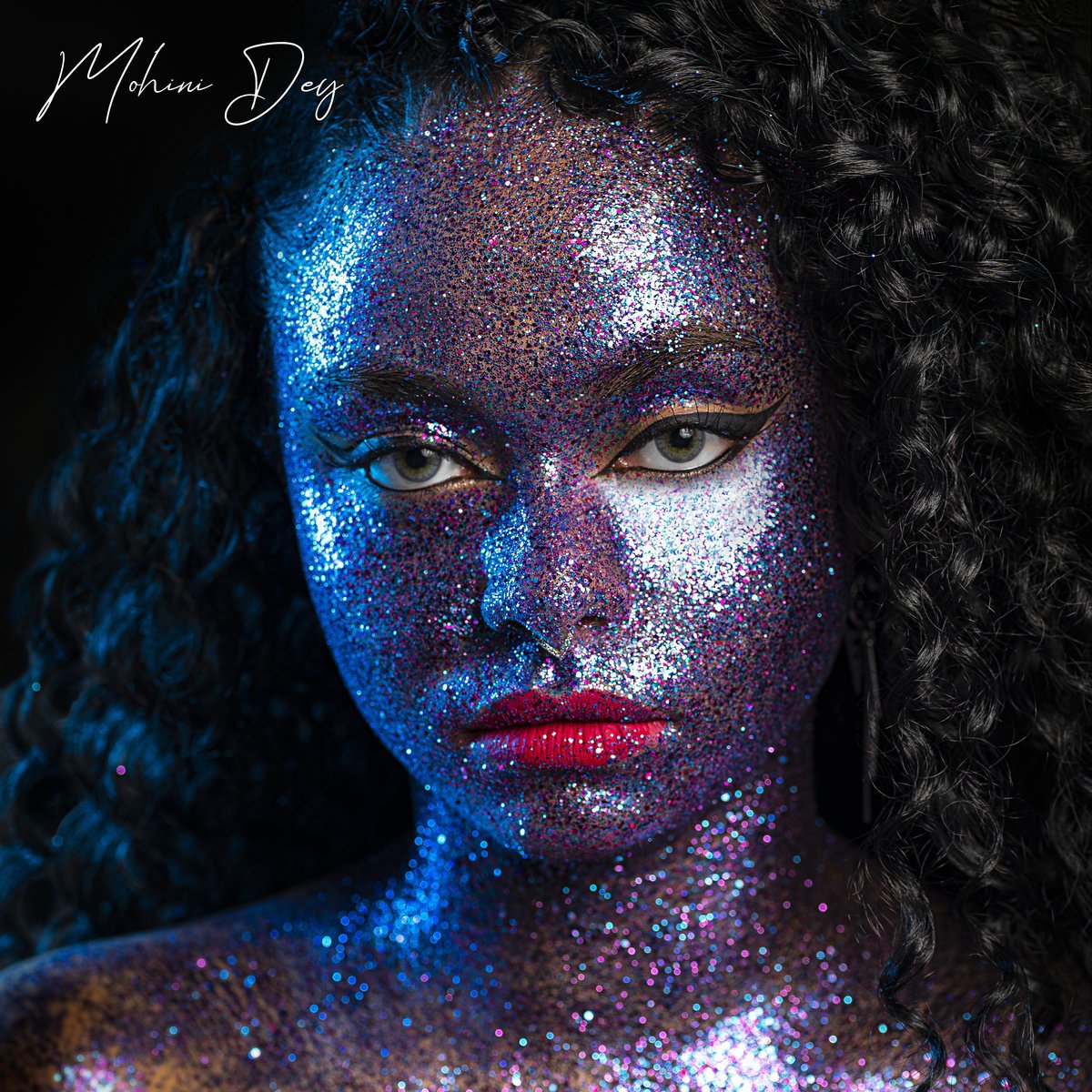
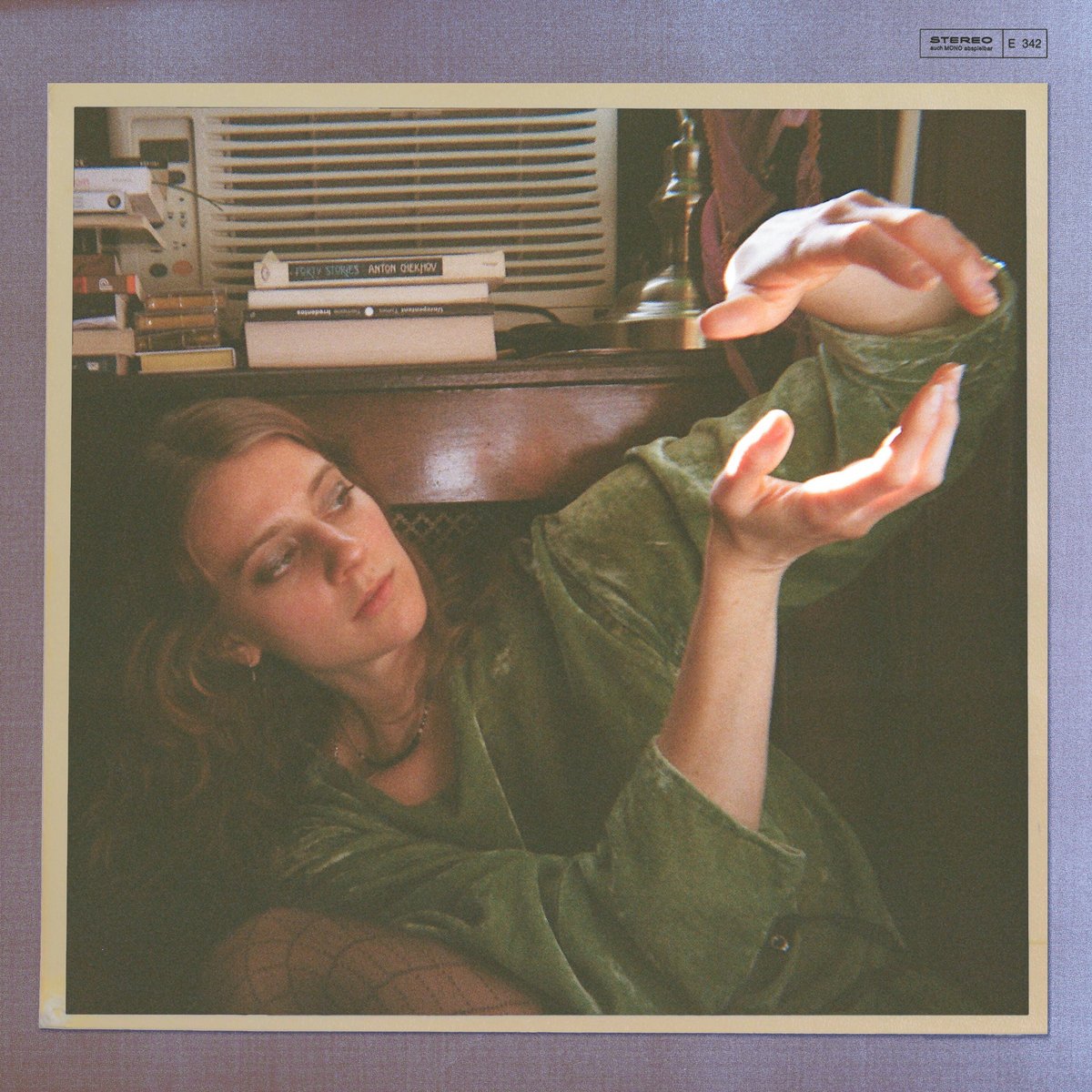

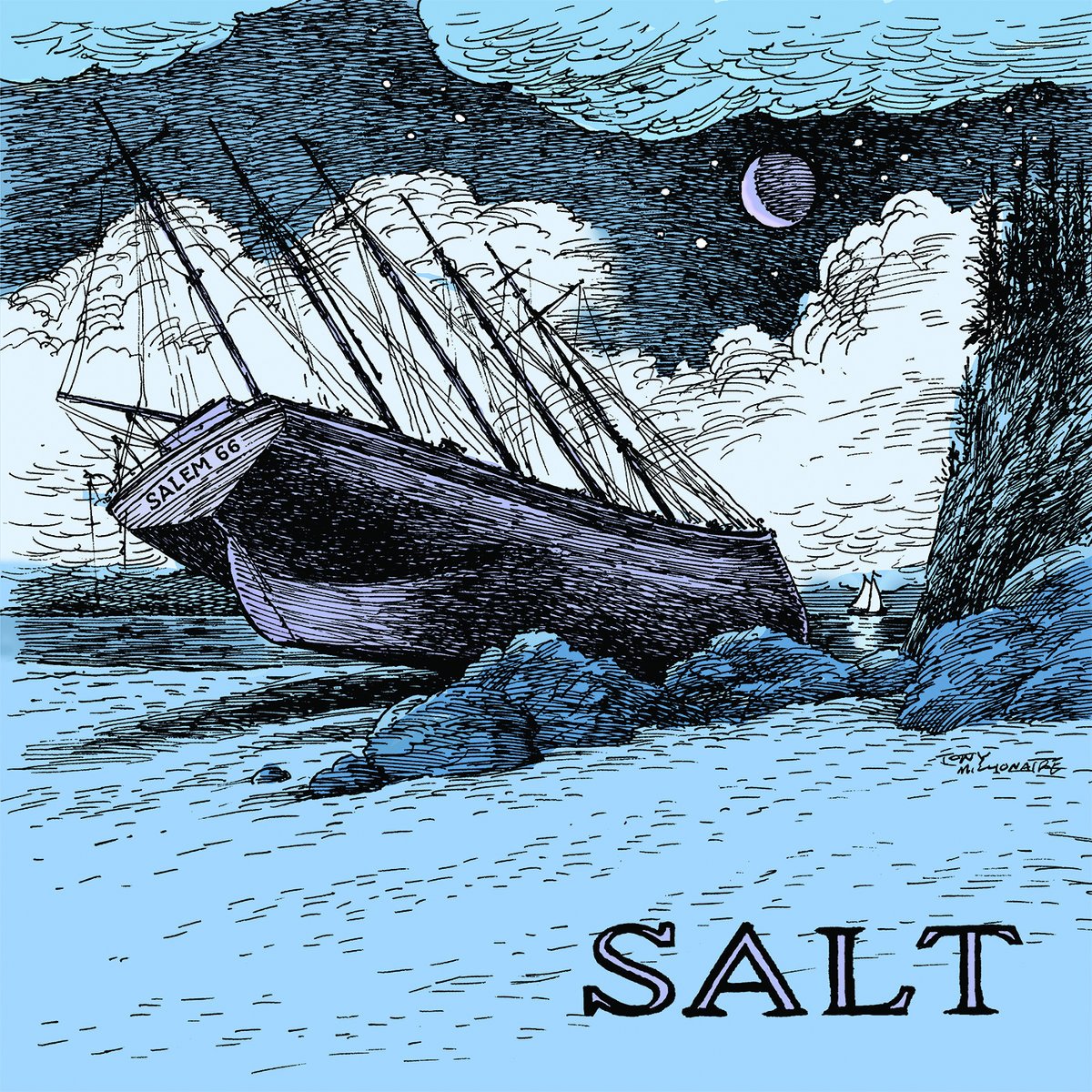

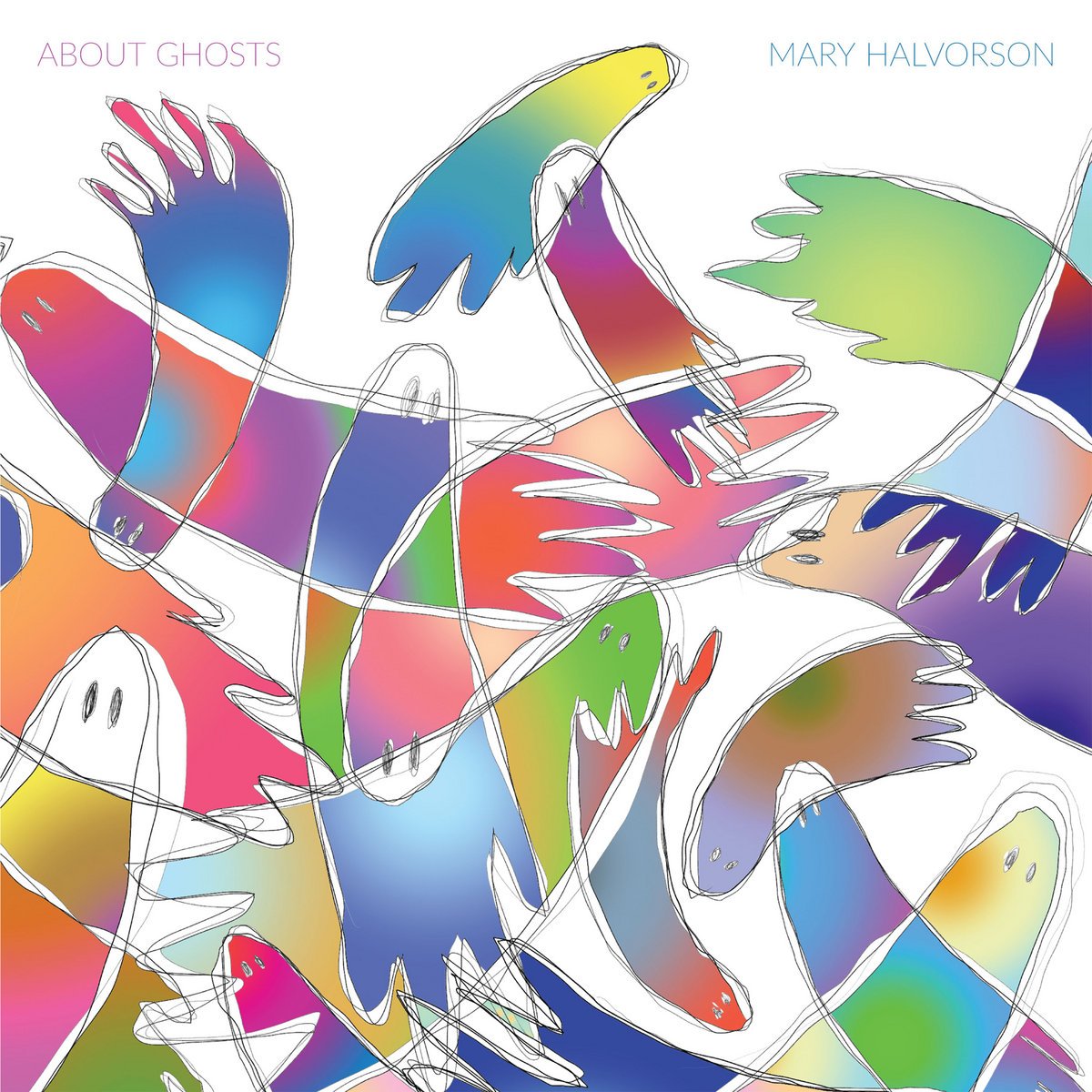













Supernatural rituals of post rock, post hardcore punishments.